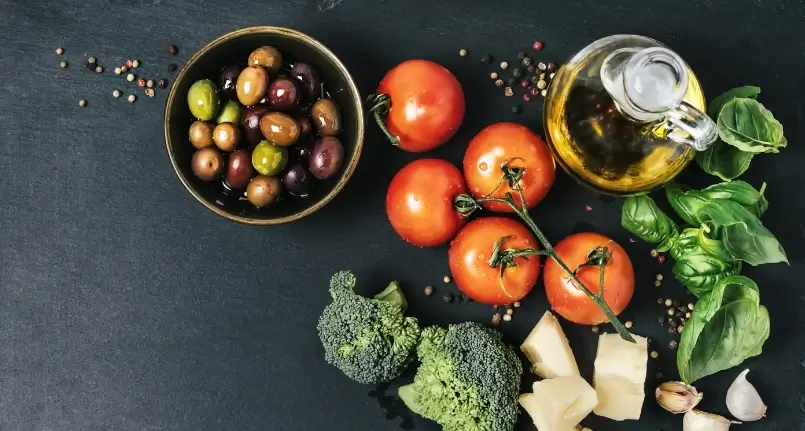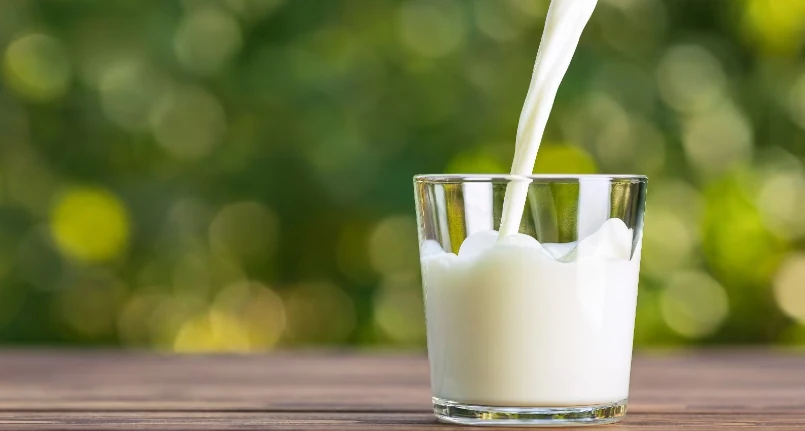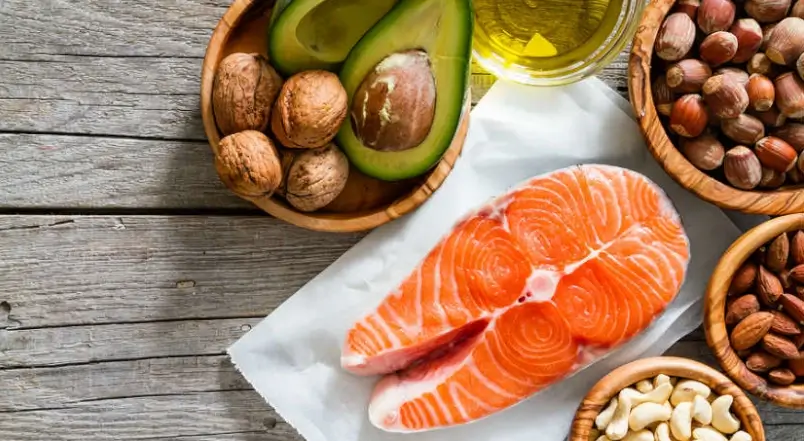Introduction
At the table, as is known, one contributes not only to satisfying the palate and taste , but also to physical and psychological well-being . Several studies would have shown that there are some foods that could promote and increase a bad mood . There is also talk of sudden and objectively harmful mood swings for general health.
Subjects suffering from depression or prone to negative moods, sadness, anxiety , could find a form of consolation in food, however not at all beneficial. In fact, there is a tendency to increase quantities and not pay attention to the quality of the foods consumed.
The recommendations, in general, are to always observe a healthy and varied diet, as well as appropriate to one’s lifestyle. It is also important to consider which foods can be good for your mood, thus avoiding particularly refined foods rich in fat, as well as fried foods and excess sugar , caffeine and alcoholic beverages which can favor sudden mood swings.




